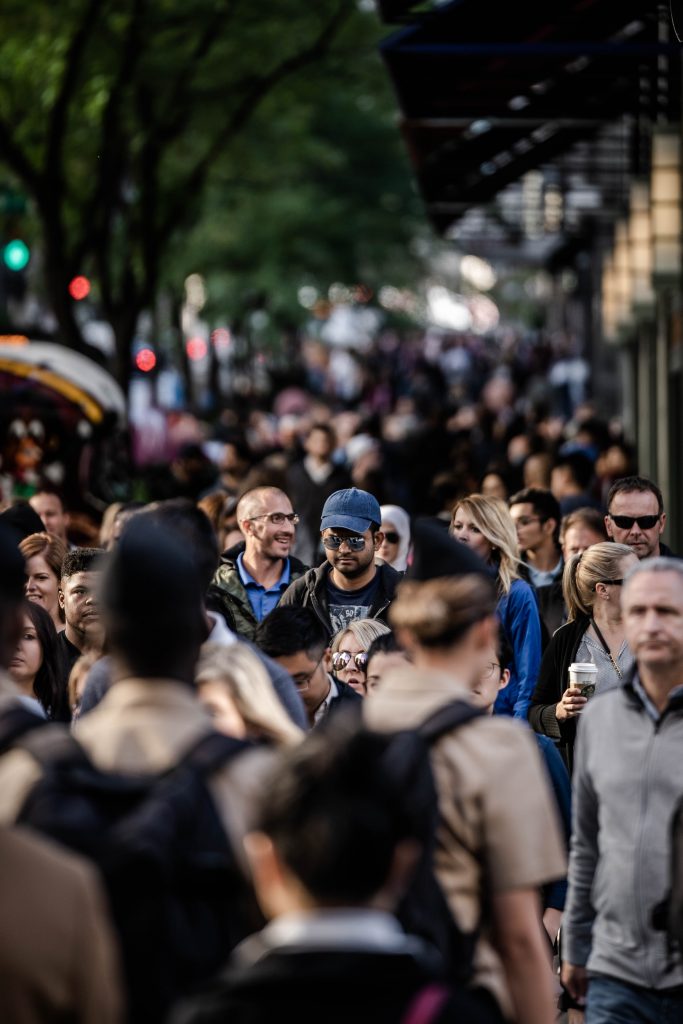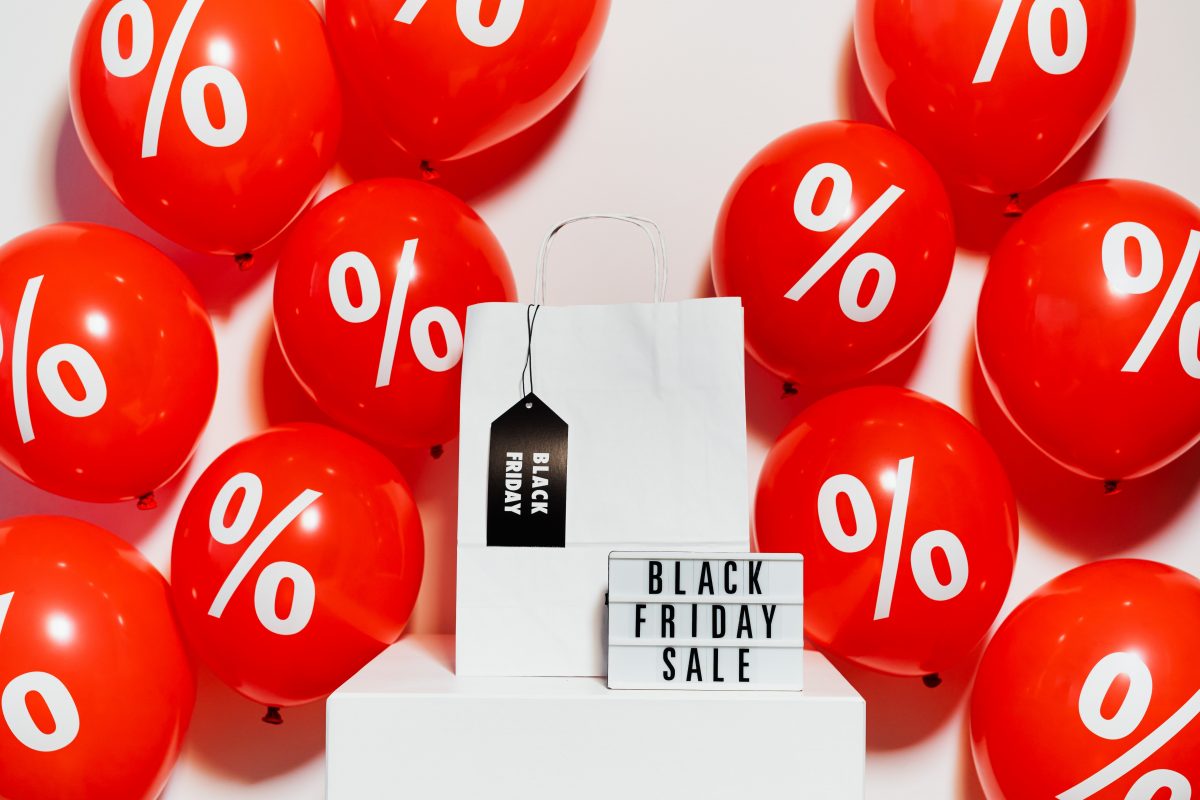We have all heard about the Black Friday sale with huge discounts on our favorite products but most of us know little about the cultural history of Black Friday. After Thanksgiving is celebrated, the Sunday following it is informally named the Black Friday festival. It was a tradition that began in the United States.


The year is 1869, September 24. Two Wall Street bureaucrats decide to execute their nefarious and mutual pre-planning to accelerate the free-fall of the market. Jay Gould and Jim Fisk, have bought as much gold as they can and are waiting patiently for the pieces to fall in place. As expected, the price of gold rockets sky-high, and the U.S. economy is moving head-on towards bankruptcy. this is the first historical story related to the celebration of Black Friday.
To procure the incurred losses, the retailers sell their merchandise at low prices on a daily basis except on Fridays they offer a hefty discount on the marked price. When the budget and expenses are accounted for, the retailers notice that people tend to spend more when offered discount even though the discounted Friday price (termed as "selling in the black") and the regular, lowered price (termed as "selling in the red") are almost the same. The expenditure was most around Thanksgiving.


It is said that from here, the concept of Black Friday, being officially celebrated as a shopping spree came up.
There are two other historical anecdotes that might have sparked the idea. One is a rather bleak picture of the culture of Black slaves being bought by the plantation owners in the early 1800s. Hence, the name Black Friday. Another one narrates the day being related to the uncontrolled mob in Philadelphia which surged into the city causing roadblocks during the Army-Navy football match during the 1950s.
It was a trying task for the security officials. They worked long shifts without breaks and had a tough time regulating the over-enthused crowd and football fans with shop-lifters enjoying amidst the city conundrum. This term "Black Friday" caught on really well even though it has certain negative connotations attached to it.


The official authorities of Philadelphia tried promoting "Big Friday" in 1961 but to no efforts. Sometime, around the 1980s, the retailers decided to opt for the first story mentioned here. They wanted this day to have a positive effect. For this, they began re-using the term "Black Friday" which was already known nation-wide and around the globe as well.
In 2020, this is representative of the festive spirit of the entire U.S. after Thanksgiving and the approaching Christmas. Along with it, several other sales have sprouted and what once was a single day bonanza has become a four day festival of holiday shopping. Even software stores have joined in with Small Business Saturday/ Sunday extending up to Cyber Monday.


The stories related to this day, however grey, have proved that there is a silver lining in the clouds. One may feel doomed at the moment but dawn is always near after the long dark. Black Friday, hence, is symbolic of this spirit of good over evil.






